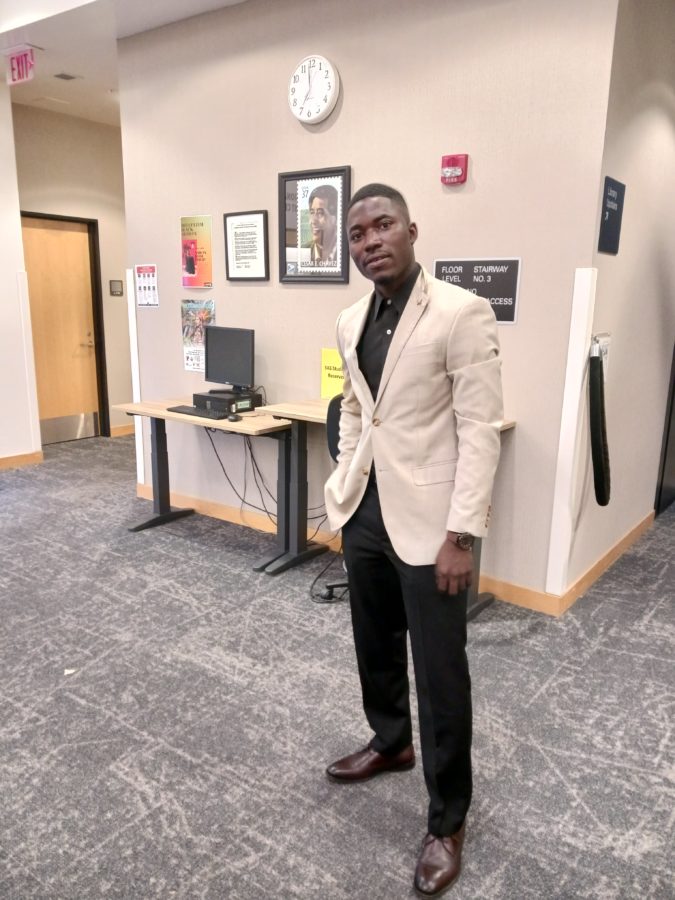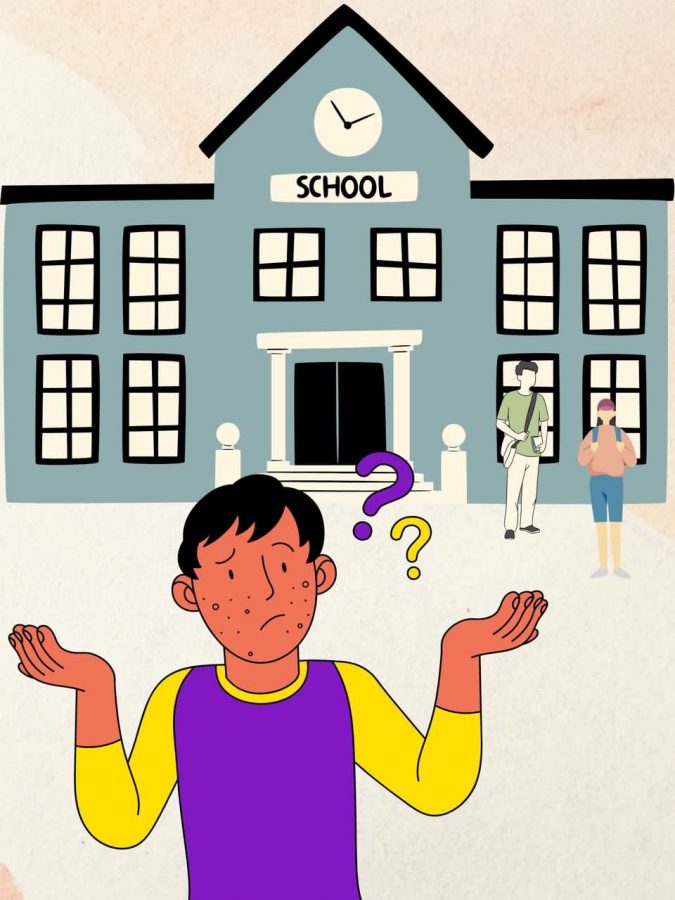While we are in the midst of Black History month let’s be mindful of Dr. Martin Luther King’s birthday, which came and went during the break. Perhaps the most quintessential lesson taken from King is his insistence we judge individuals by the content of their character rather than the color of their skin in the famous “I have a Dream Speech.” While we embrace it as our own moral compass, do we actually recognize when we fall short of this moral imperative? Too often we fall short with no consequence or accountability. During this month let us focus on living up to it. Many will discover that it is a challenge to consistently meet its criteria.
The other day I was in a store in line to purchase my merchandise. A black man was told by the cashier to wait to retrieve his backpack he had left at the front counter while he browsed the store. He stood about 10 feet away from me and a Vietnamese woman who was in front of me. As she paid the cashier her body language and her glare toward him was a mixture of fear, apprehension, and contemptuous suspicion. His response was a slight shake of the head as if he was saying to himself “here we go again,” then his disappointment was quickly replaced with a retaliatory look of scorn.
I thought to myself how rude and offensive for her to outwardly greet him with such a blatant display. She heard the cashier tell him to wait there. Had she forgotten that quickly that was the reason he was where he was, not to steal her money. Likewise, I started to think of his deliberate retaliatory scornful expression and body language and I thought how sad. These two individuals have not said one word to each other.
This will be the whole of their interaction. There will be no resolution, no correction, and no regret from either party. Imagine the frequency by which just these two individuals do not hold themselves accountable, the frequency by which both may see nothing inherently wrong with their behavior. Imagine how often scenarios like these take place. Multiply this or similar interactions between people exponentially and it becomes alarming.
The woman might be a hiring manager at her job about to interview a black male the next day. Perhaps the man might be asked by someone who happens to resemble her for help with her flat tire the next day. Will these two carry baggage from the previous encounter without some sort of self-analysis? Will they have a lowered expectation about how their next respective encounters might turn out?
I mention this because without consequence, resolution or reflection the behavior becomes patterned. These biases become both explicit and implicit and absent self-policing it becomes unknown to both that they are reinforcing behavior neither one may want.
Thus, let us all see if we are up to the task of living up to King’s standard. It requires we be resolute always in trying to isolate interactions we disfavor with others. Attribute the disfavor or negativity to its source always and do not let it inform us of what might be a similar outcome in the future. In other words, if for example that same woman gets her purse stolen by a black male attribute the misdeed to the individual who did the deed rather than use the experience to allow one to prejudge a stranger’s actions or intentions in the future just because they might share the same pigmentation of the perpetrator.
This is a very appropriate time in our history to be mindful of this and honest about the difficulty to uphold this standard. While there will be those suggesting we need to make America “hate again,” we need to remember Dr. King’s words, “Like an unchecked cancer, hate corrodes the personality and eats away its vital unity. Hate destroys a man’s sense of value and his objectivity. It causes him to describe the beautiful as ugly and the ugly as beautiful, and to confuse the true with the false and the false with the true.”






